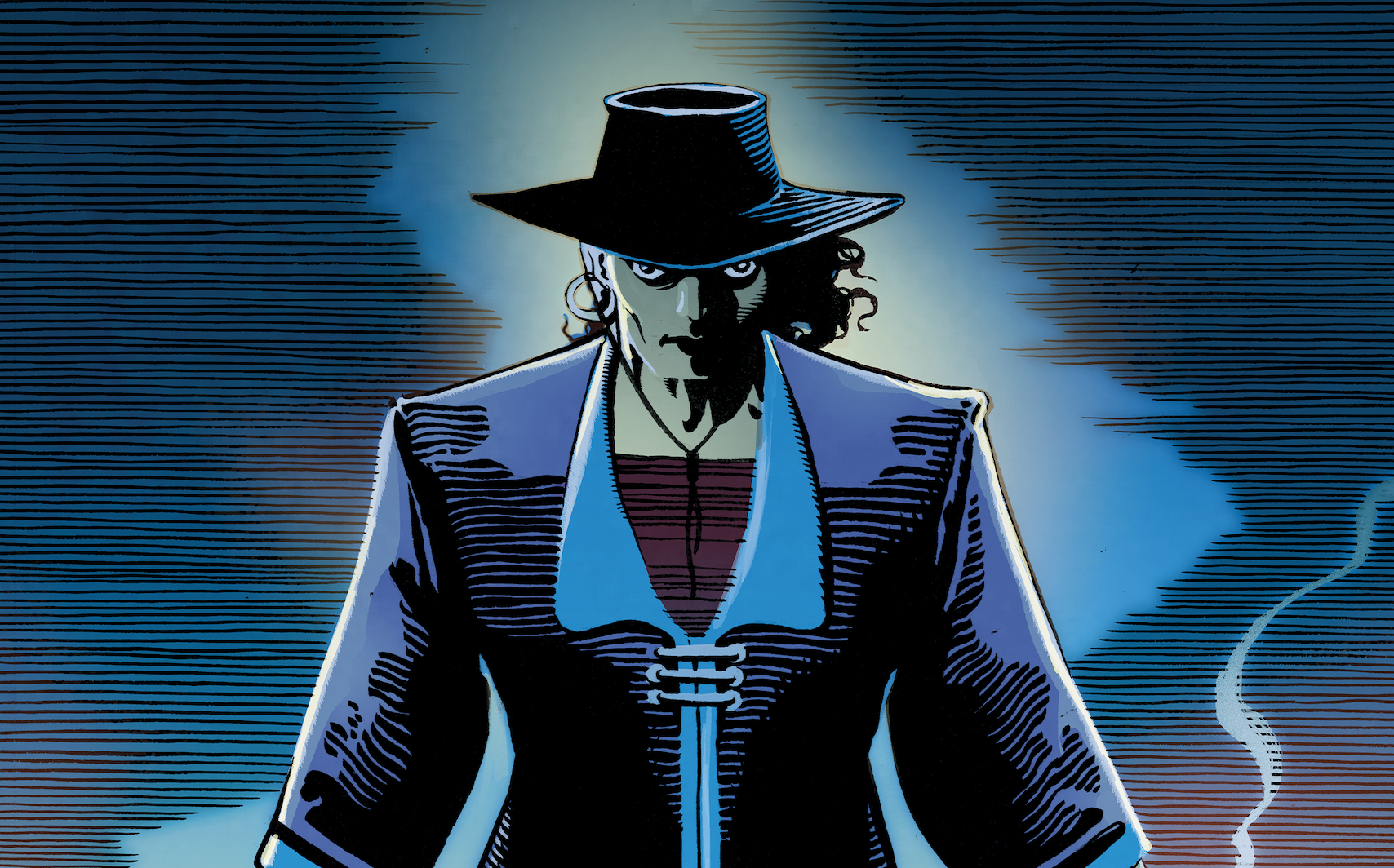
There’s a LOT of talk about immigration around the world right now. No matter which country you live in, it’s hard to escape the political lens that this this issue is often dominantly seen through. Whether it is Brexit, or Donald Trump’s divisive rhetoric, immigration has sadly becoming a plaything in the hands of certain leaders who care more about how a political stance helps them personally.
Amongst all the noise are the every day lives of people, struggling to find their own identity, safety and hope in a very confusing world. Our mainstream news media gives us only the most extreme images and stories, forgetting that immigration is not a one-size-fits all issue. But what happens when you strip away the rhetoric and generalized and polarized narratives? We are left with the the stories of people just like us who, if we had the chance to get to know, we would probably find far more in common than we are led to believe.
That is what we see in Philippe Raucon’s ‘Fatima’, which opens in Los Angeles Sept 16th at the Laemmle Royal Theatre. The film follows Fatima, an immigrant mother from North Africa, who lives in France with her teenage daughters who are caught between the intersections of generation gaps, culture, language, identity and femininity.

‘Fatima’ is inspired by a true story and the poetry of North African writer Fatima Elayoubi, who moved to France knowing very little of the language, but eventually taught herself to speak fluent French.
This award-winning feature and official selection at the 2015 Cannes Film Festival portrays Fatima, played by Soria Zeroual, as a mother who struggles to grasp the French language and often reverts to conversing in Arabic with her daughters Nesrine, 18 (played by Zita Hanrot), and Souad, 15 (played by Kenza Noah Aïche). Like many immigrant parents who have little to no formal education but move to escape harsh conditions in the home country or to give their offspring a better life, Fatima is employed in a low wage job and desperately wants to financially help her daughters complete their education.
With Nesrine going off to college to study medicine, and Souad in a rebellious phase where she is starting to get attention from boys in the community, Fatima has to balance her worry with her pride while dealing with daily instances of racism and discrimination.

Her strength and determination are tested when she takes a fall at work and has to stay home on leave. To pass the time, she starts writing letters to her daughters in Arabic, wanting to express her thoughts and feelings in ways she is not able to verbally.
Director Philippe talks about his own personal connection with Fatima’s story, where his grandparents did not speak any English, and neither did his mother when she was a child.
“They were ‘the invisible ones’ in the society they lived in. Some of Fatima’s manners remind me of them. She is like those women, only partly schooled, who had to emigrate out of vital necessity, to come and live in a country whose language and codes were completely unknown to them,” he explained.
“In France, they gave birth to children and raised them, even though sometimes they were kept apart by the language or by different customs and points of reference. For all these reasons, regardless of the things they didn’t know or master, these women have developed major resources, drawn from fierce courage and obstinacy.”

But it’s not just Fatima’s struggles which are the focus of this film. The identities that each daughter is attempting to forge on their own becomes a point of contention and confusion in the family dynamic at times.
“First and foremost, there are language barriers, bringing to light differences between their own separate worlds. Fatima doesn’t understand a thing about of Nesrine’s student talk, or about Souad’s street language. Just like both girls are clueless about their mother’s writings in Arabic in her notebook,” said Philippe.
Although Fatima tries to take adult literacy classes, the demands of her daily life leave little to no room for her studies to flourish, leaving her often feeling isolated and alienated from the rest of her community.

The racism the family deals with is not overt nor excessively dramatized, but it gives you a clear sense of the everyday instances many immigrants have to face, especially coming from a vastly different culture where there is a language barrier. In one scene where Nesrine is looking for an apartment to rent for her studies, she takes her mother and younger sister along with her.
Although she had a pre-arranged meeting with the prospective landlord, the minute she sees Fatima and her veil, she declines to show them the property and shuts the door in their face, leaving the 3 women standing awkwardly in the stairway wondering what just happened.
The film is not designed to be political, but human, showing struggles that many of us have faced in our own life, but from a different perspective. ‘Fatima’ is an exciting cinematic feature which we hope will cut through the dominant narratives around immigrant families and the identities often forced upon them through politics.
It is also about the strength and resolve of women in the face of adversity. We cannot recommend this film enough, except to say “go see this!”. It opens in Los Angeles Sept 16th, and you can keep track of future screening and on-demand release dates by going to the website.

















One thought on “From Nth Africa To France, ‘Fatima’ Tells The Story Of A Mother & Her Teen Girls In A New Culture”